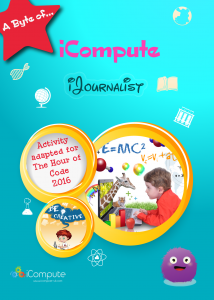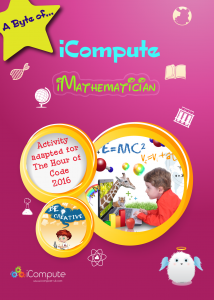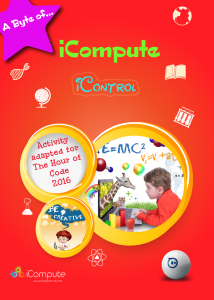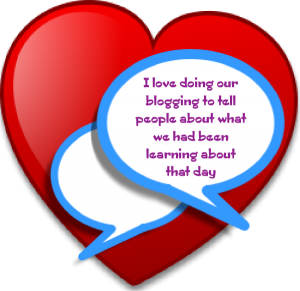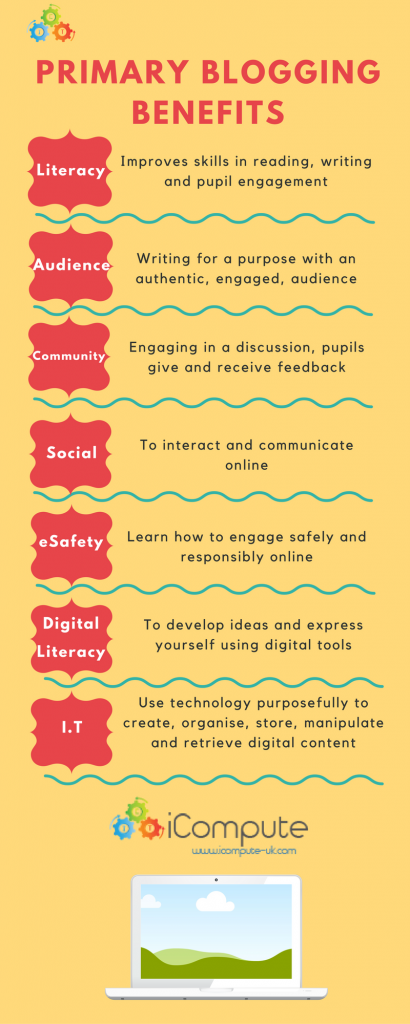Hour of Code Lesson Plans & Resources
We in England are very fortunate that Computing is now a statutory entitlement for pupils aged five and over, with the introduction of the National Curriculum for Computing in 2014. We owe it to our children to equip them with the knowledge, understanding and skills that will enable them to fully participate in the modern digital world. We lead the way in teaching and learning in computing science. Elsewhere around the world there is not (yet) the same emphasis on preparing our children to – not just consume technology, but to – understand how computers and computers systems work. In doing so, we set the next generation on a path to become the innovators and digital creators of our future.
I’m passionate about getting across the message that Computing is so much more than just ‘code’ – see this post for more on that. At Computing’s heart, and the heart of the National Curriculum, is developing computational thinking. A fundamental life skill in itself but, with regard to computing, computational thinking enables children to become effective problem solvers: teaching them skills to solve problems (as yet unknown) for technology that does not yet exist! Find out more about computational thinking in this post.
The Hour of Code is a global movement by Computer Science Education Week reaching tens of millions of students in 180+ countries through a one-hour introduction to computer science and computer programming. As I’m very keen for others to see the benefit of computing throughout the curriculum, I’ve put together three teacher-led cross-curricular activities as iCompute’s contribution to this year’s Hour of Code – scheduled to take place this December – find out more about that here.
Here’s a sneak look. Watch this space as I might have time to contribute more…





